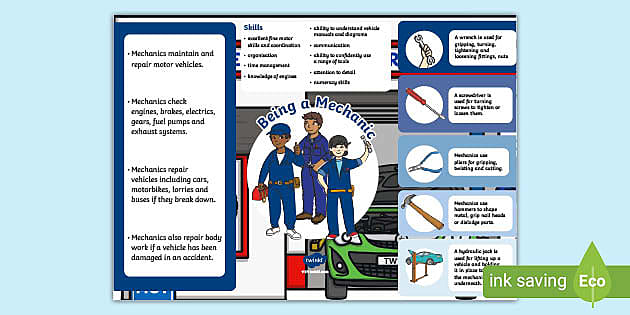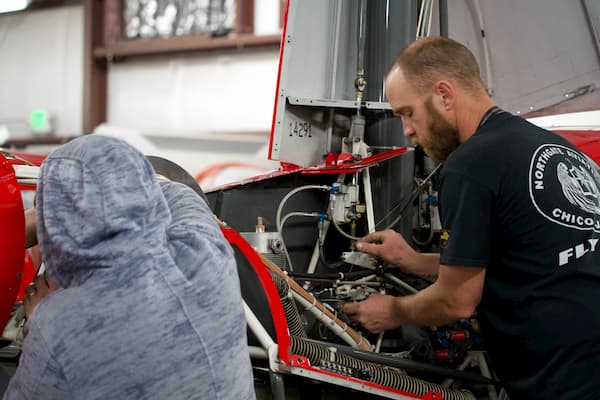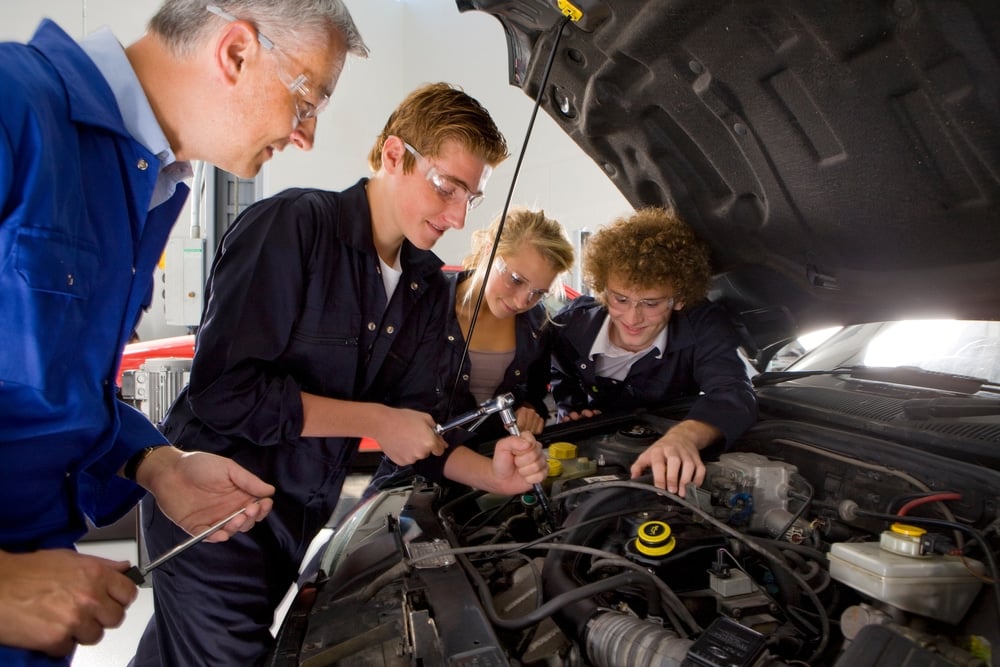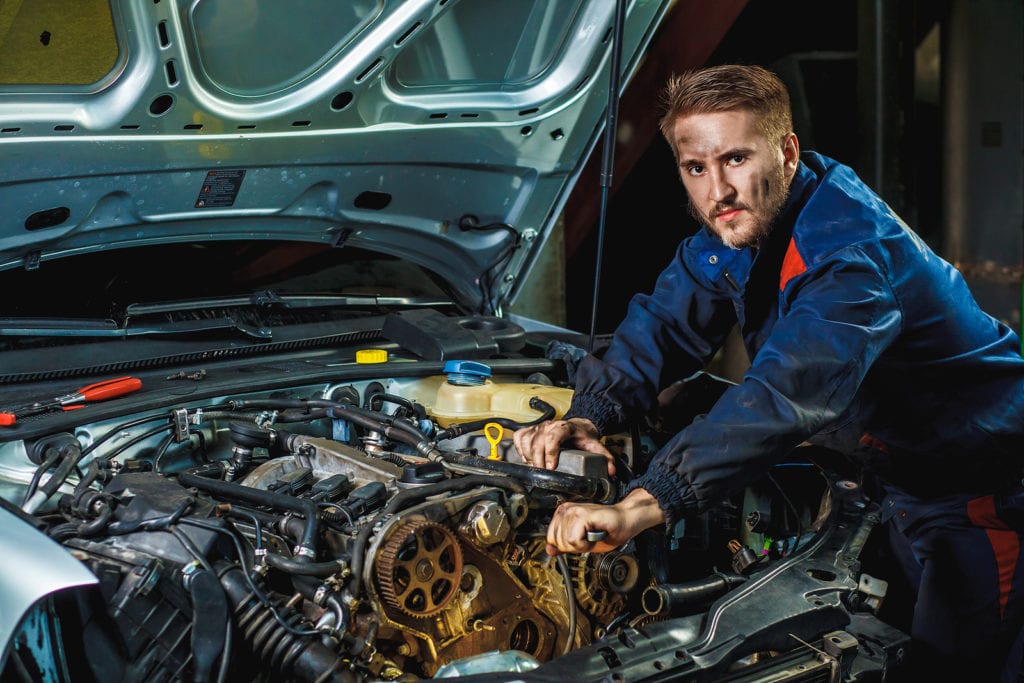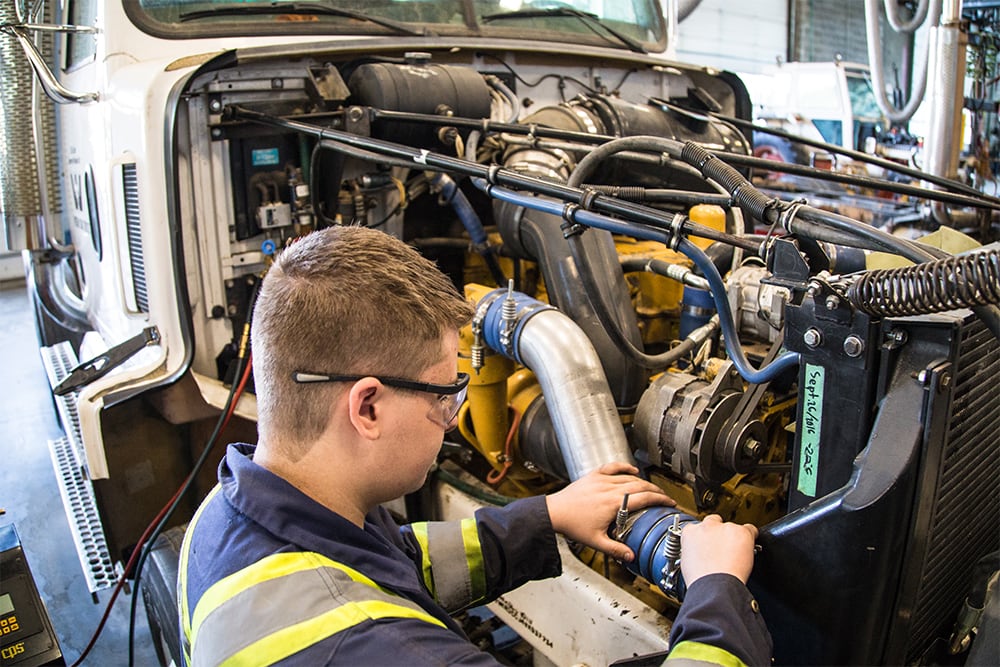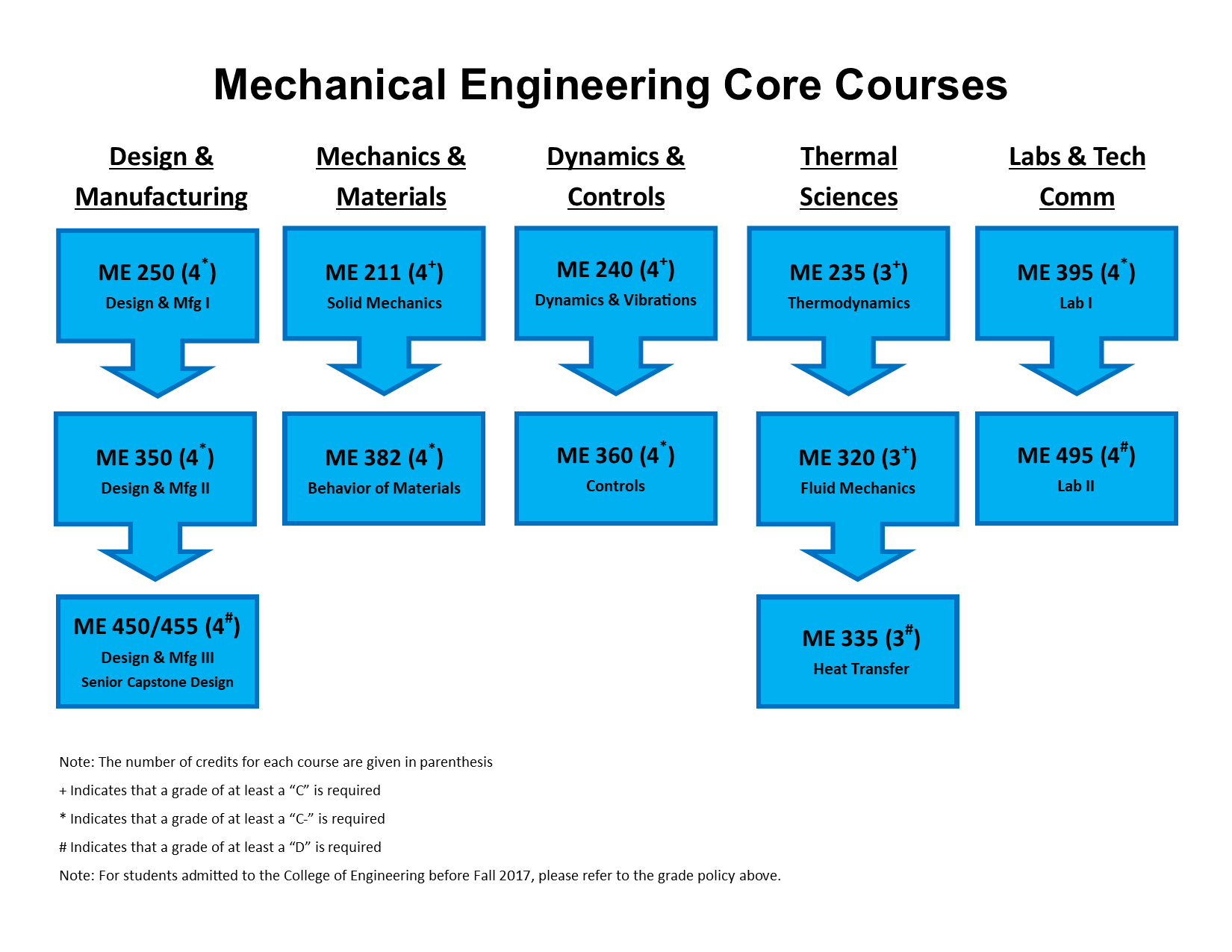How Many Years Does It Take To Be A Mechanic
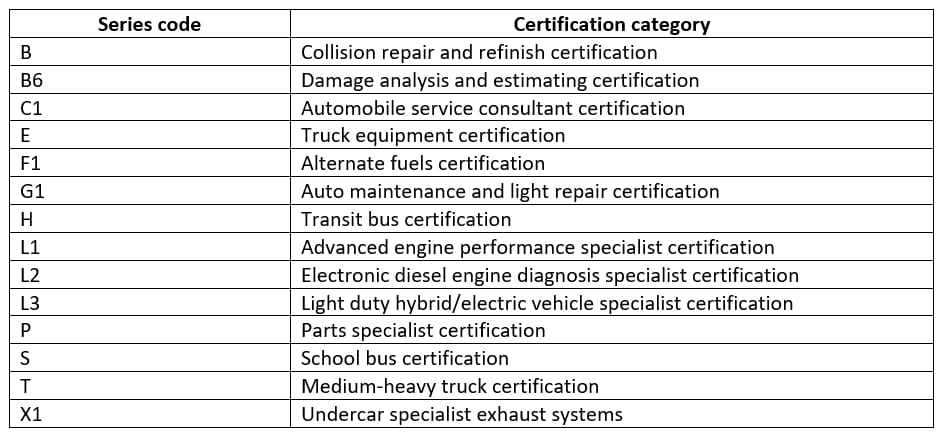
The aroma of motor oil hangs in the air, a familiar perfume in the world of wrenches and roaring engines. Sunlight streams through the open bay door of a bustling auto shop, illuminating a technician hunched over a complex engine, his brow furrowed in concentration. Each tool in his hand seems an extension of his own body, moving with practiced precision honed over years of dedication.
Becoming a skilled mechanic isn't a sprint; it's a marathon that requires a blend of formal education, hands-on experience, and continuous learning. The journey typically spans 3 to 5 years, though it can vary depending on the chosen path and individual progress.
The Foundation: Formal Education and Training
Many aspiring mechanics begin with formal training programs at vocational schools or community colleges. These programs provide a solid foundation in automotive theory and diagnostics. Coursework often covers engine repair, electrical systems, and braking mechanisms.
These programs usually last 1 to 2 years, culminating in a certificate or associate's degree. Choosing a program certified by the National Automotive Technicians Education Foundation (NATEF) is highly recommended. NATEF certification ensures the program meets industry standards.
Apprenticeships: Learning by Doing
An apprenticeship offers invaluable hands-on experience under the guidance of seasoned professionals. Apprenticeships typically last 2 to 4 years. During this time, apprentices learn the practical skills necessary to diagnose and repair vehicles.
This involves working alongside experienced mechanics. They also perform tasks such as routine maintenance, diagnostics, and complex repairs. Many apprenticeships lead to full-time employment.
The combination of classroom learning and real-world experience creates a well-rounded technician. This also enables the technician to competently tackle a wide range of automotive issues.
The Road to Certification
While not always mandatory, certification from organizations like ASE (Automotive Service Excellence) enhances credibility. ASE certification requires passing rigorous exams and demonstrating sufficient work experience. Certification is a hallmark of competency in the automotive repair field.
To become ASE certified, mechanics must have at least 2 years of relevant work experience. They must also pass a challenging exam in their chosen area of specialization. Certification demonstrates a commitment to professionalism and excellence.
Maintaining certification requires ongoing training and recertification exams. This ensures that mechanics stay up-to-date with the latest technologies and repair techniques.
Continuous Learning: Adapting to Innovation
The automotive industry is in a constant state of flux. New technologies and vehicles are developed every year. Mechanics must therefore commit to lifelong learning.
This includes attending workshops, manufacturer-specific training programs, and staying abreast of industry publications. Continuous learning ensures they can competently service even the newest and most complex vehicles.
Technological advancements such as electric vehicles and advanced driver-assistance systems (ADAS) are rapidly transforming the automotive landscape. Mechanics must adapt to these changes to remain relevant.
Beyond the Years: Qualities of a Great Mechanic
While the timeline to becoming a mechanic can be estimated, some qualities are more valuable than time spent. Problem-solving skills, attention to detail, and a passion for cars are crucial.
Empathy is also paramount. Mechanics are not merely fixing machines but also addressing people's needs and concerns.
Effective communication is critical for explaining complex technical issues in simple terms. Strong customer service ensures job satisfaction and promotes trust.
The journey to becoming a mechanic is more than just a timeframe; it's a path paved with dedication, learning, and a genuine love for the craft. As technology advances and the automotive landscape evolves, the role of the mechanic remains essential. It requires not just technical skills, but also a commitment to lifelong learning and a passion for solving problems.





